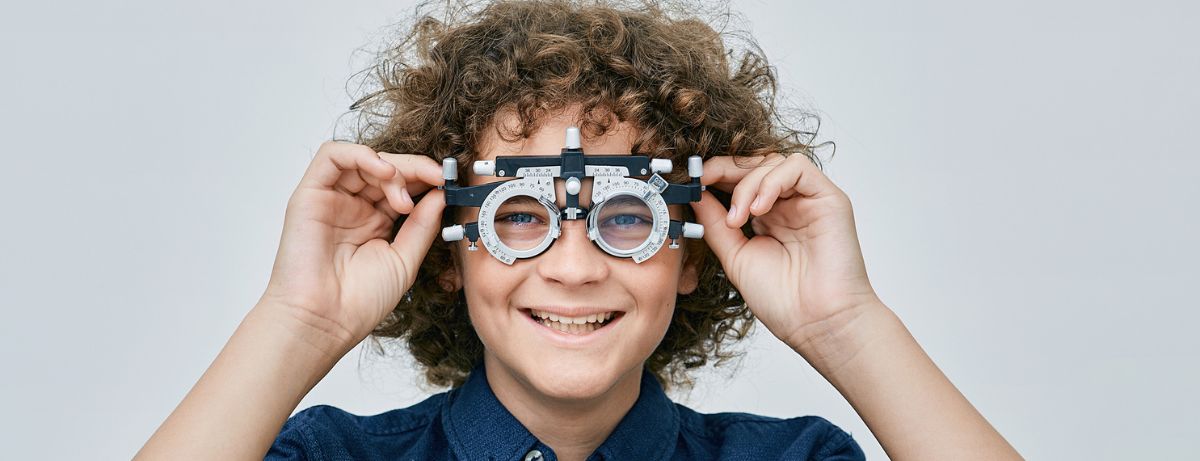Taking Care of Your Eyes for a Lifetime of Clear Sight

Taking care of your eyes is crucial for maintaining good vision throughout your life.
Our eyes are one of our most precious senses, allowing us to experience the world in vivid detail. However, many people take their vision for granted until problems arise. By taking proactive steps to care for your eyes, you can help preserve your sight and enjoy clear vision for years to come.
The Importance of Regular Eye Care and Eye Exams
One of the most important things you can do for your eye health is to schedule regular comprehensive eye exams. Even if you don’t wear glasses or contact lenses, it’s essential to have your eyes checked by an eye care professional every one to two years, depending on your age and risk factors.
During a comprehensive eye exam, your eye doctor will not only check your vision but also assess the overall health of your eyes. They will look for signs of common eye diseases such as glaucoma, cataracts, and age-related macular degeneration, which can develop without noticeable symptoms in their early stages. Early detection and treatment of these conditions can help prevent vision loss.
Protecting Your Eyes from the Sun
Another key aspect of maintaining healthy vision is protecting your eyes from the sun’s harmful ultraviolet (UV) rays. Prolonged exposure to UV light can increase your risk of developing cataracts, pinguecula, and other eye problems.
To shield your eyes from the sun, wear high-quality sunglasses that offer 100% UV protection whenever you’re outdoors, even on cloudy days. Look for sunglasses that block both UVA and UVB rays. Wraparound styles or glasses with large lenses provide the best coverage. In addition to sunglasses, wearing a wide-brimmed hat can further reduce UV exposure.
Reducing Eye Strain in the Digital Age
In today’s digital world, many of us spend hours each day staring at computer screens, smartphones, and other electronic devices. This prolonged screen time can lead to digital eye strain, causing symptoms such as dry eyes, blurred vision, and headaches.
To minimize eye strain, practice the 20-20-20 rule: every 20 minutes, take a 20-second break and focus on something at least 20 feet away. This exercise helps relax your eye muscles and reduces fatigue. Additionally, position your screen slightly below eye level and about an arm’s length away. Adjust the brightness and contrast to a comfortable level and try to minimize glare from windows or lighting.
Eye Care and Health: Maintaining a Healthy Lifestyle
Your overall health can significantly impact your eye health. Eating a balanced diet rich in fruits, vegetables, and omega-3 fatty acids can provide your eyes with essential nutrients. Foods like leafy greens, fish, and nuts contain vitamins and minerals that support eye health.
Regular exercise is also beneficial for your eyes, as it improves blood circulation and helps maintain a healthy weight. Conditions such as diabetes and high blood pressure can increase your risk of developing eye problems, so managing these health issues is crucial.
Lastly, if you smoke, consider quitting. Smoking is a significant risk factor for numerous eye diseases, including cataracts and age-related macular degeneration.
In conclusion, taking care of your eyes is essential for maintaining clear vision throughout your life. By scheduling regular eye exams, protecting your eyes from the sun, reducing eye strain, and maintaining a healthy lifestyle, you can help ensure a lifetime of healthy vision. Remember, taking care of your eyes today can lead to better sight tomorrow.
MEDICAL DISCLAIMER: The content of this Website or Blog is not intended to be a substitute for professional medical advice, diagnosis, or treatment. Always seek the advice of your physician or other qualified health provider with any questions you may have regarding a medical condition. Never disregard professional medical advice or delay in seeking it because of something you have read on this Website or Blog.
If you think you may have a medical emergency, call 911 immediately, call your doctor, or go to the emergency room/urgent care.
